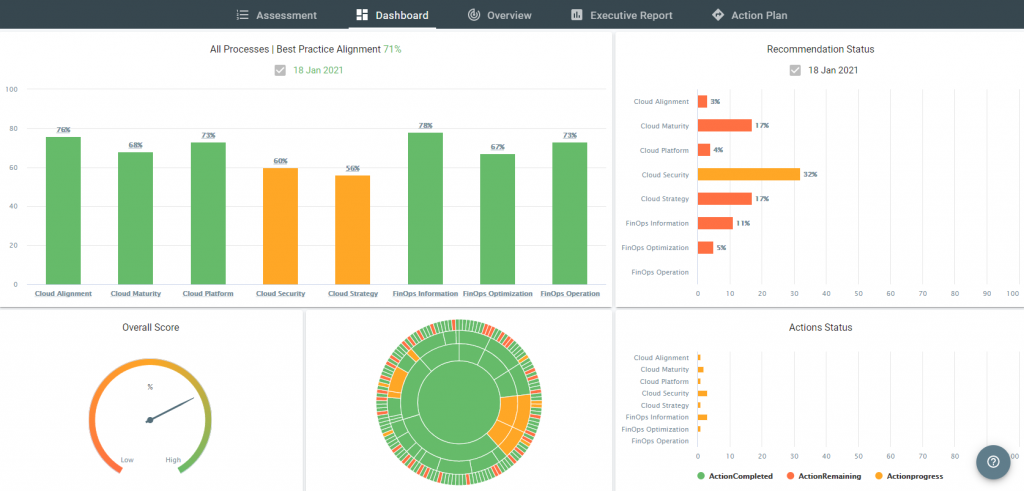
If you’re looking for ways to optimize your company’s financial operations, you may want to consider implementing FinOps processes. FinOps, short for Financial Operations, is a methodology that helps organizations manage their finances more efficiently. In this article, we’ll explore some of the key FinOps processes you can implement to streamline your financial operations and improve your bottom line.
What is FinOps?
FinOps is a relatively new concept that emerged in response to the growing complexity of cloud computing. As more companies move their operations to the cloud, they face new challenges in managing their financial resources. FinOps aims to address these challenges by providing a framework for optimizing cloud spending and improving financial visibility.
At its core, FinOps is about collaboration between finance, IT, and business teams. By working together, these teams can develop a comprehensive strategy for managing cloud resources and minimizing waste. FinOps processes help organizations achieve this goal by providing a structured approach to financial management.
Key FinOps Processes to Implement
- Cost allocation and tagging: One of the first steps in FinOps is to establish a system for tracking cloud costs. This typically involves assigning tags to different resources and services so that you can track usage and costs more accurately. By doing so, you can identify areas where you can reduce costs and optimize your spending.
- Budgeting and forecasting: Once you have a system for tracking costs, you can develop a budget and forecast for your cloud spending. This will help you plan for future expenses and ensure that you have the resources you need to support your operations.
- Resource optimization: Another key aspect of FinOps is resource optimization. This involves identifying areas where you can reduce waste and improve efficiency. For example, you may be able to consolidate resources or switch to more cost-effective services to save money.
- Cost control and governance: To ensure that your FinOps strategy is effective, you need to establish controls and governance processes. This may include setting policies for resource usage, establishing approval workflows for new spending, and monitoring usage to identify potential issues.
- Reporting and analytics: Finally, FinOps requires robust reporting and analytics capabilities. This will help you track your progress and identify areas where you can improve your financial performance. By leveraging data and analytics, you can make more informed decisions about your cloud spending and optimize your operations over time.
Conclusion
Implementing FinOps processes can help your organization manage cloud costs more effectively and improve your bottom line. By establishing a system for tracking costs, developing budgets and forecasts, optimizing resources, establishing controls and governance processes, and leveraging reporting and analytics, you can streamline your financial operations and maximize the value of your cloud investments. So if you’re looking to improve your financial performance, consider implementing FinOps processes today.
Email- contact@devopsschool.com

 Starting: 1st of Every Month
Starting: 1st of Every Month  +91 8409492687
+91 8409492687  Contact@DevOpsSchool.com
Contact@DevOpsSchool.com
